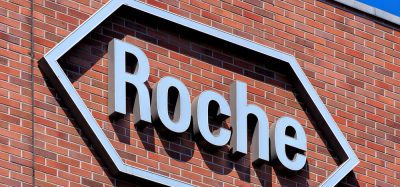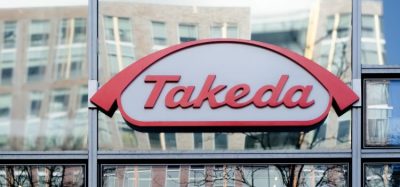LBP-immunotherapy could benefit oncology patients
Posted: 29 May 2024 | Catherine Eckford (European Pharmaceutical Review) | No comments yet
New data for a microbiome-based therapeutic together with an immune checkpoint inhibitor has shown “encouraging clinical benefits” in advanced cancers.


The safety and tolerability of rationally-designed live bacterial product (LBP) BMC128 combined with nivolumab has shown initial positive trends in non-small cell lung cancer (NSCLC), melanoma, or renal cell carcinoma (RCC), new data from an ongoing Phase I clinical trial suggests. Biomica’s microbiome-based immuno-oncology candidate and the anti-PD1 immune checkpoint inhibitor is being evaluated in eleven participants. All of whom had experienced disease progression in prior immunotherapy treatment before enrolling in the study.
Key initial results from the anti-cancer treatment
As of the data cutoff, key preliminary findings from the study include 72 percent of individuals with refractory cancer demonstrated “positive clinical signals, indicating a potential efficacy for the BMC128 and nivolumab combination”.
Furthermore, Biomica highlighted that one patient demonstrated partial response and is “actively responding to treatment”. The combination therapy halted disease progression in 64 percent of patients.
Notably, they displayed “stable disease and sustained benefits beyond the first imaging assessment, suggesting additional important potential clinical benefit”.
Sustained clinical benefit was observed in 55 percent of patients. Notable durations of response of over 16 weeks plus one case of exceeding 80 weeks”
Sustained clinical benefit was observed in 55 percent of patients. “Notable durations of response of over 16 weeks”, with one case “exceeding 80 weeks”.
Sixty percent of non-small cell lung cancer patients and one hundred percent of renal cell carcinoma patients demonstrated positive clinical outcomes, the data found.
Biomica emphasised that these preliminary findings “represent some of the initial positive evidence emerging from the burgeoning field of clinical research on cancer therapies leveraging gut microbiota”.
These data will be presented at the 2024 American Society of Clinical Oncology (ASCO) annual meeting.
EPR’s article series: Microbiome therapeutics: microscope to medicine
Importance of the preliminary findings
The initial results “underscore the transformative potential of microbiome-based therapeutics in oncology… [for example], the observed cross-cancer effectiveness hints at BMC128’s broad applicability across different cancer types… The demonstrated safety profile thus far, alongside the encouraging clinical benefits including response rate and notable durability, accentuates the potential efficacy of BMC128 in addressing the unmet needs of patients grappling with these malignancies,” shared Professor Gal Markel, Director of the Davidoff Cancer Center, Rabin Medical Center and member of Biomica’s Scientific Advisory Board.
These results “show positive evidence of BMC128’s superior safety profile and potential efficacy when combined with anti-PD1 checkpoint inhibitor immunotherapy. This suggests potential benefits for [cancer] patients with refractory NSCLC, melanoma, or RCC who have not responded to, or developed resistance to previous immunotherapy treatments,” Dr Elran Haber, Biomica’s CEO stated.
Related topics
Anti-Cancer Therapeutics, Biologics, Biopharmaceuticals, Clinical Development, Clinical Trials, Data Analysis, Drug Development, Drug Safety, Immunotherapy, Industry Insight, Microbiomes, Research & Development (R&D), Therapeutics
Related organisations
Related drugs
biologic, BMC128, Live biotherapeutic products (LBPs), microbiome, monoclonal antibodies (mAbs), Nivolumab
Related people
Related diseases & conditions
Cancer, Melanoma, non-small cell lung cancer (NSCLC), renal cell carcinoma (RCC)









